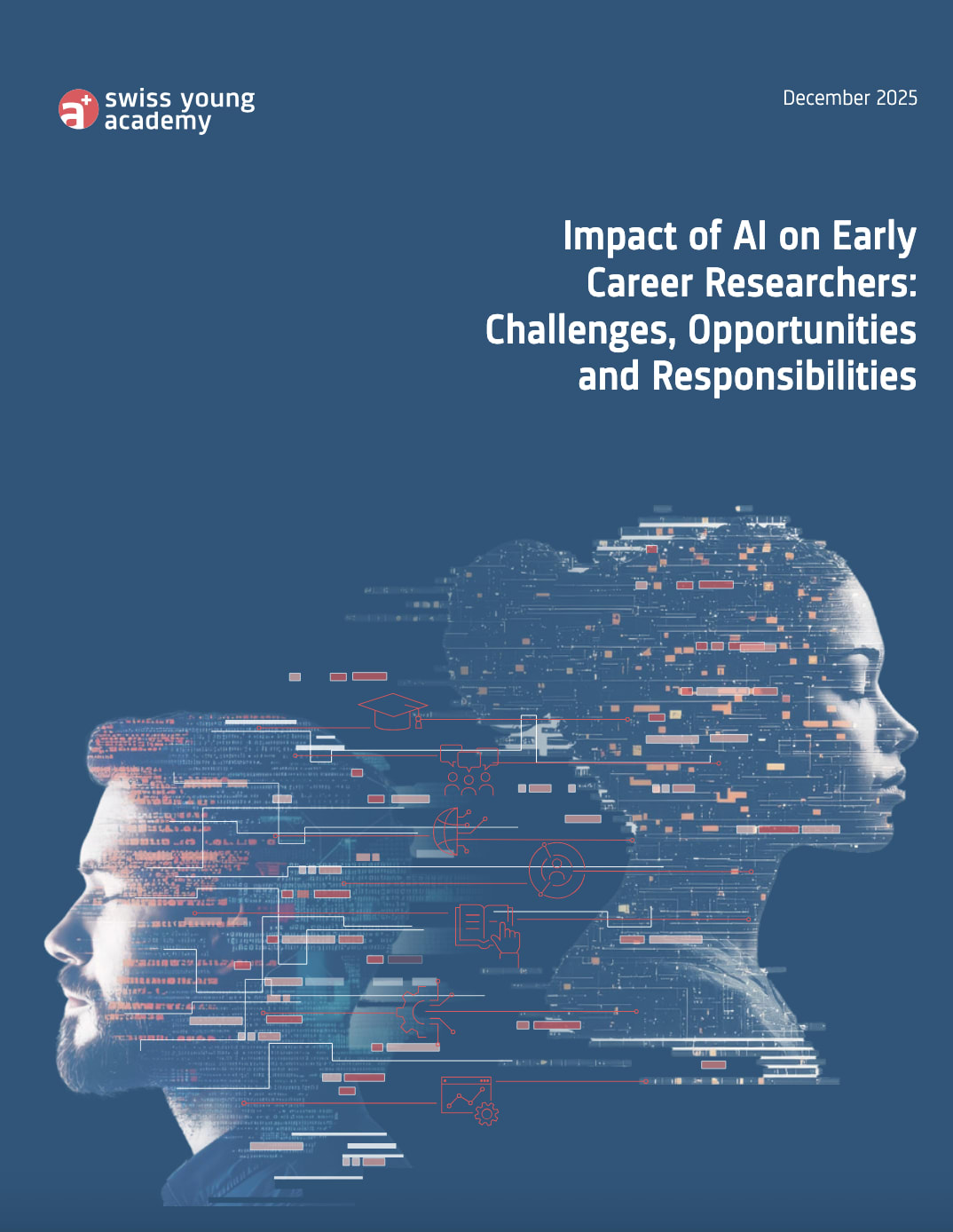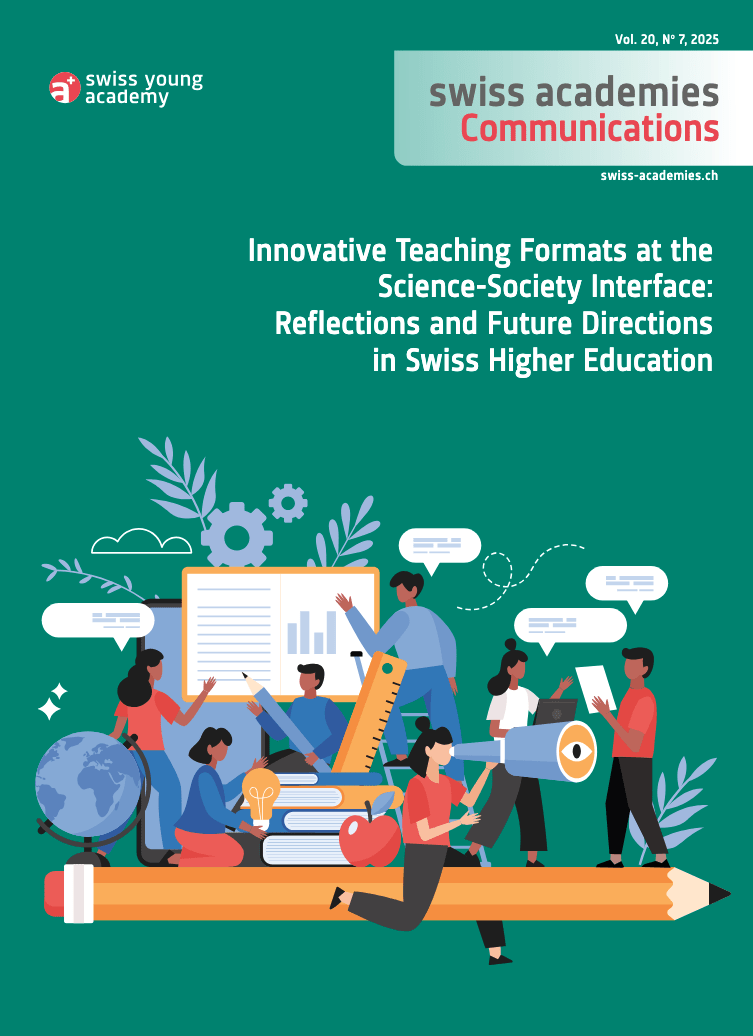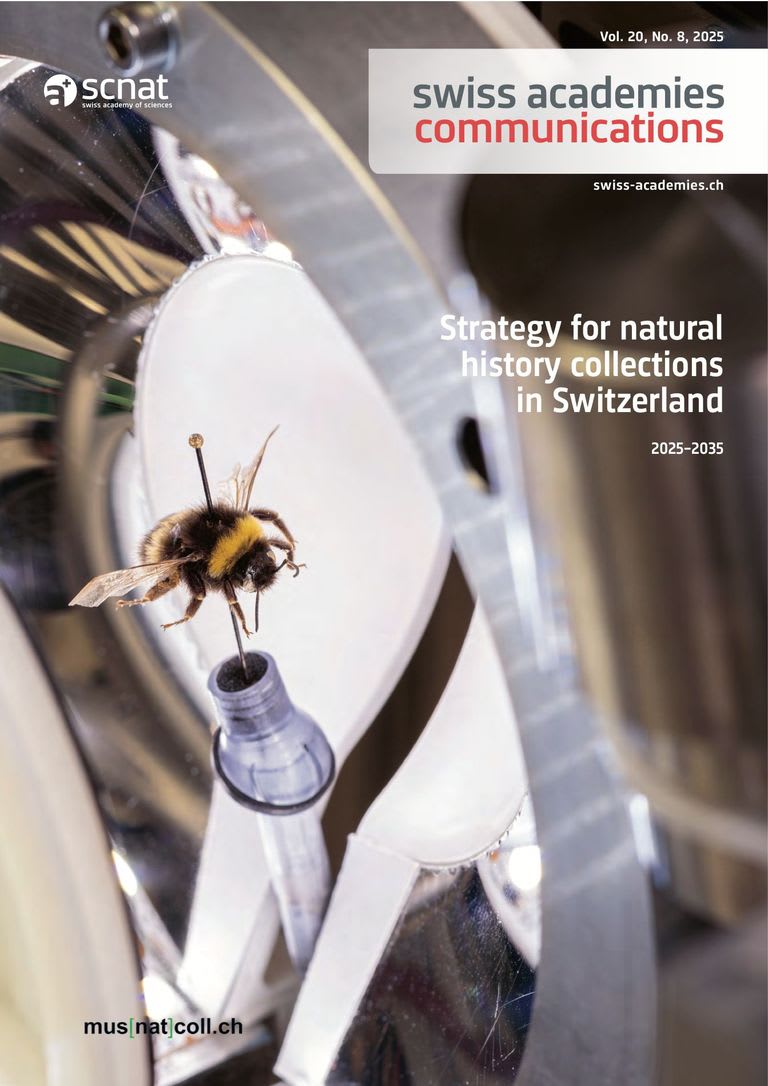Swiss Academies of Arts and Sciences
Scientific Integrity: Added Constraint or Best Practice?
Scientific integrity in the chemical sciences
The journal Chimia, published by the Swiss Chemical Society, has published an issue focusing on scientific integrity. Edwin Constable, chair of the Swiss Expert Group on Scientific Integrity of the Swiss Academies of Arts and Sciences, provides an overview of scientific and research integrity, with a particular focus on the implications for the active chemical community in Switzerland. He also focuses on good scientific practice and highlights its benefits for researchers, institutions and the chemical sciences themselves. Another article by Christian Leumann, rector of the University of Bern until mid-2024, highlights the importance of scientific integrity for universities seeking to convey the credibility and acceptance of science to the public. Christian Leumann explains the necessity of continuously adapting existing regulations and presents Switzerland's recent progress in raising awareness towards scientific integrity.




